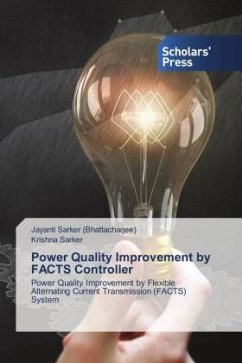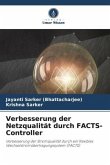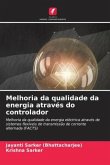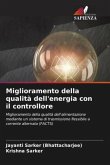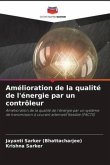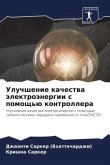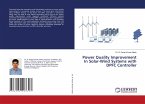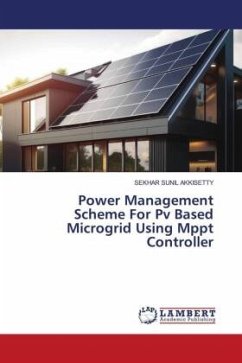Here are a few strong points highlighting the benefits of Flexible Alternating Current Transmission (FACT) devices in power quality improvement: (1) Voltage Control: (a) FACT devices, such as Static Var Compensators (SVCs) and Static Synchronous Compensators (STATCOMs), offer precise control over voltage levels in the power system. (2) Reactive Power Compensation: (a) FACT devices provide reactive power support, helping to maintain power factor and reduce line losses. (3) Enhanced Grid Stability: (i) By dynamically controlling voltage and reactive power, FACT devices contribute to the stability of the power grid. (4) Increased Transmission Capacity: (_) FACTS technologies enable better utilization of existing transmission infrastructure. (5) Fast Response Time: (A) FACTS devices can respond rapidly to changes in the system, providing real-time adjustments to maintain stability. 6) Mitigation of Line Congestion: (p) Power flow control offered by FACT devices helps in alleviating congestion on transmission lines. (7) Integration of Renewable Energy: FACTS technologies facilitate the integration of renewable energy sources into the grid.
Bitte wählen Sie Ihr Anliegen aus.
Rechnungen
Retourenschein anfordern
Bestellstatus
Storno

